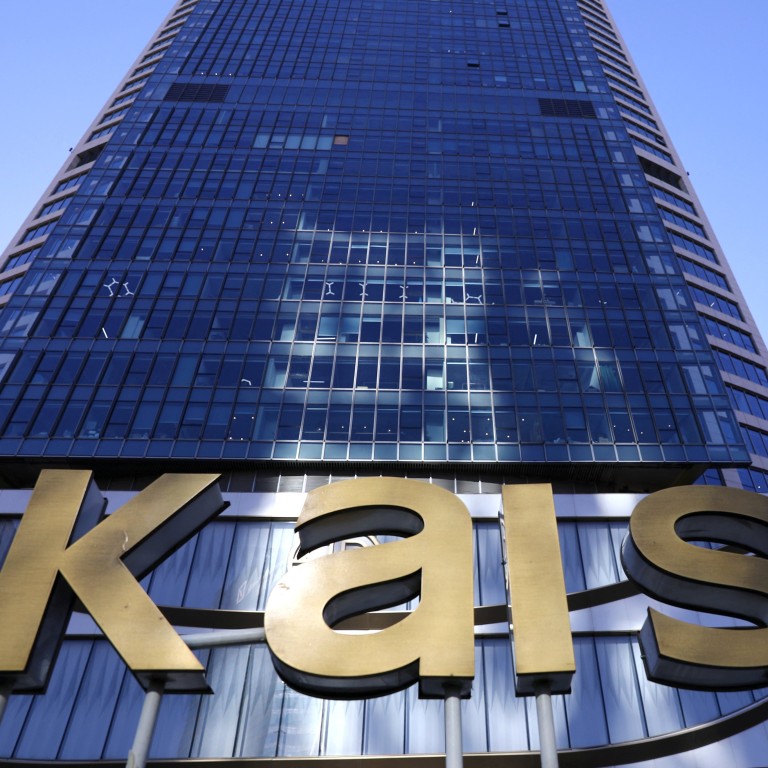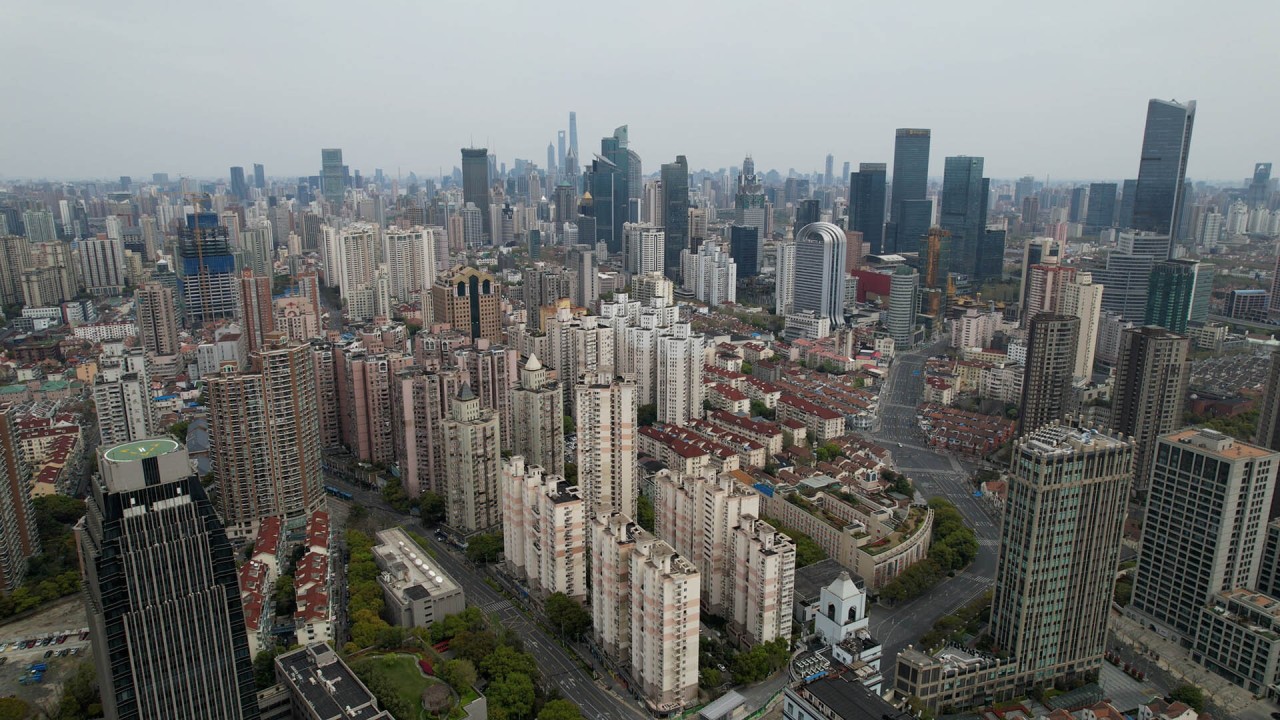
Debt-ridden developer Kaisa’s bonds edge up after firm says it has signed joint venture agreement with state-owned builder, bad asset manager
- Shenzhen-based firm has entered a strategic partnership with China Merchants Shekou Industrial Zone Holdings and China Great Wall Asset Management
- Other cash-strapped developers could also strike deals with state-owned actors and local governments following Kaisa’s example, analyst says
Bonds of embattled Chinese property developer Kaisa Group Holdings edged up on Wednesday after the company said it had entered into a strategic partnership with a state-owned developer and a major bad asset manager.
“This is the first major restructuring announced by a developer so far. And we think the market should consider it as a positive, because this should pave the way for a smooth resolution of its problems,” said Raymond Cheng, a property analyst at CGS-CIMB Securities.
China’s “three red lines” measures, in place since August 2020 to control systemic risk posed by weak property developers, have sent the industry into a slump not seen since the 2015 stock market crash. Major developers such as China Evergrande Group and Kaisa failed to repay their debts last year as a result.
Kaisa resumes work at Foshan project as released escrow funds bring relief
And the cracks in the sector have widened this year, with the likes of Sunac China Holdings, the country’s fourth-largest developer, and Shimao Holdings Group, joining the list of distressed Chinese property firms.
Cheng said he expected other cash-strapped developers to also strike deals with state-owned actors and local governments following Kaisa’s agreement with the state-owned developer and bad asset manager.
The agreements were “conducive to … revitalising assets of commercial and residential projects, and alleviating short-term liquidity difficulties”, Kwok Ying Shing, Kaisa’s chairman, said on Wednesday.
All 15 bonds issued by Kaisa rose on Tuesday’s announcement. Its US dollar-denominated senior notes maturing this Saturday were trading at US$28 on US$100 on Wednesday, up from US$20 a day earlier, while another US$300 million tranche maturing in 2026 saw its yield climb to US$27 on US$100.
China’s indebted developers get a break from rate cuts and easing
The developer said its cooperation agreement will cover new opportunities in property development in the Greater Bay Area, as well as in cultural tourism, ferries and other businesses.
The slowdown in the real estate industry could become a major challenge for China, which is currently dealing with crippling Covid-19 lockdowns, a fact that Beijing recognises. The finance ministry, for instance, said last month that it had decided not to expand a property tax trial to more cities this year, citing poor market conditions.
“We expect the PBOC [People’s Bank of China] to cut policy rates by a moderate 10 basis points in April and cut the reserve requirement ratio by 50 basis points over the next couple of months [to support the real estate industry],” said Lu Ting, chief economist at Japanese investment bank Nomura.


